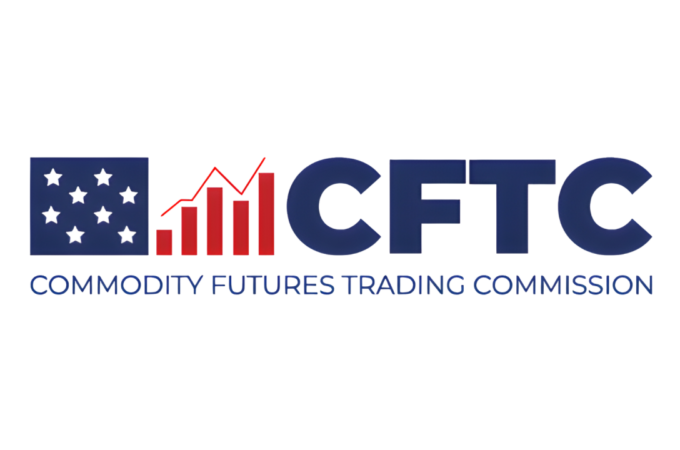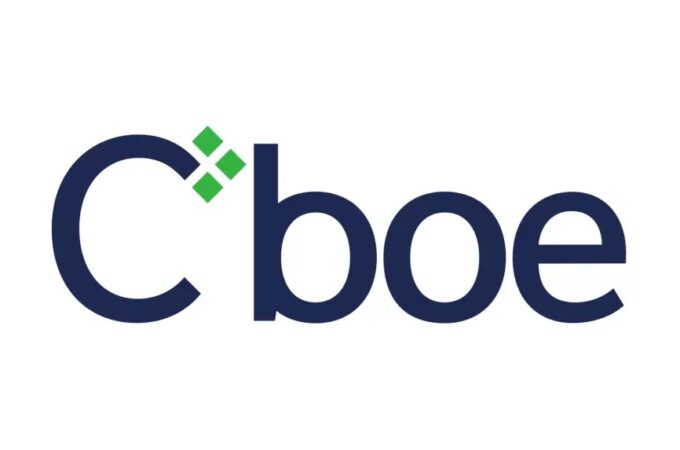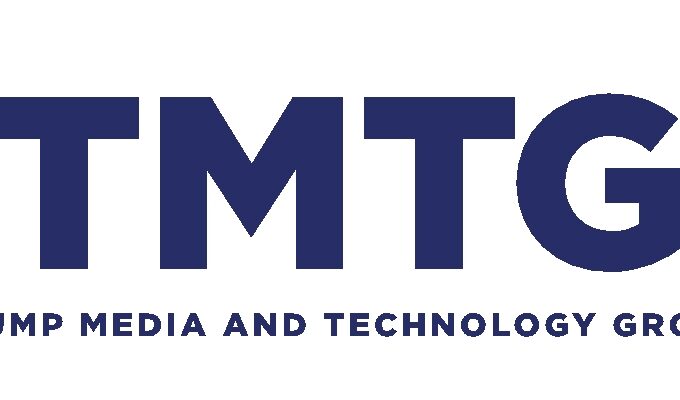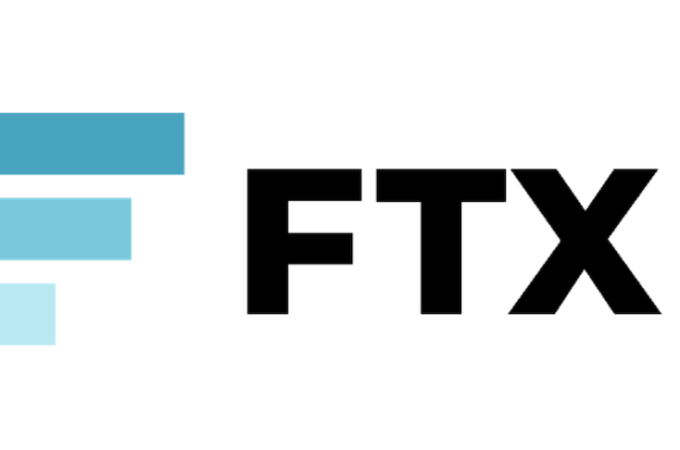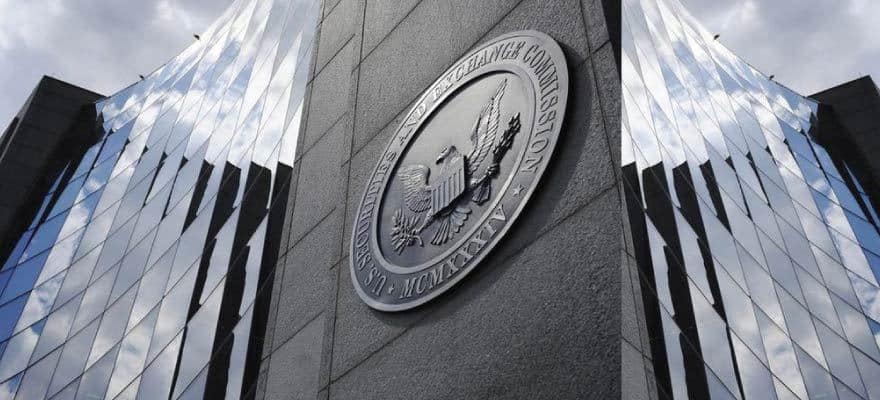
SEC Chair Faces Accusations of Misleading Congress on Ethereum
United States House Financial Services Committee Chair, Patrick McHenry, has leveled serious accusations against Securities and Exchange Commission (SEC) Chair Gary Gensler, suggesting intentional misleading of Congress regarding Ethereum’s classification. McHenry referred to Consensys’s lawsuit against the SEC, insinuating an investigation into Ethereum’s status as a security.
In April, Representative McHenry claimed that Gensler intentionally misled lawmakers during his testimony before the Committee. McHenry’s statements draw from Consensys’s recent lawsuit, which surfaced allegations of an SEC investigation into Ethereum’s security classification dating back to March 2023. Gensler’s evasiveness during previous Committee hearings, particularly on whether Ether was under the SEC or the Commodity Futures Trading Commission’s (CFTC) purview, raised eyebrows.
The potential classification of Ethereum as a security holds significant implications for various digital assets. McHenry underscored the importance of establishing clear regulatory boundaries between the SEC and CFTC to mitigate uncertainties, advocating for the Financial Innovation and Technology for the 21st Century Act (FIT21).
These developments are part of a broader trend in the crypto regulatory landscape, marked by increasing scrutiny and regulatory actions. Consensys’s lawsuit sheds light on the SEC’s internal considerations, suggesting a discrepancy between public statements and private investigations. McHenry’s criticism extends beyond Gensler’s actions, highlighting broader concerns about regulatory overreach stifling innovation in the crypto space.
McHenry’s call for legislative clarity echoes sentiments shared across the industry. The FIT21 Act, alongside other proposed measures, aims to provide much-needed regulatory frameworks for digital asset markets, offering enhanced consumer protections and fostering innovation.
As the debate over Ethereum’s classification unfolds, it underscores the challenges regulators face in navigating the evolving crypto landscape. The outcome of this dispute will likely shape the regulatory environment for digital assets, impacting investor confidence and market dynamics moving forward.

